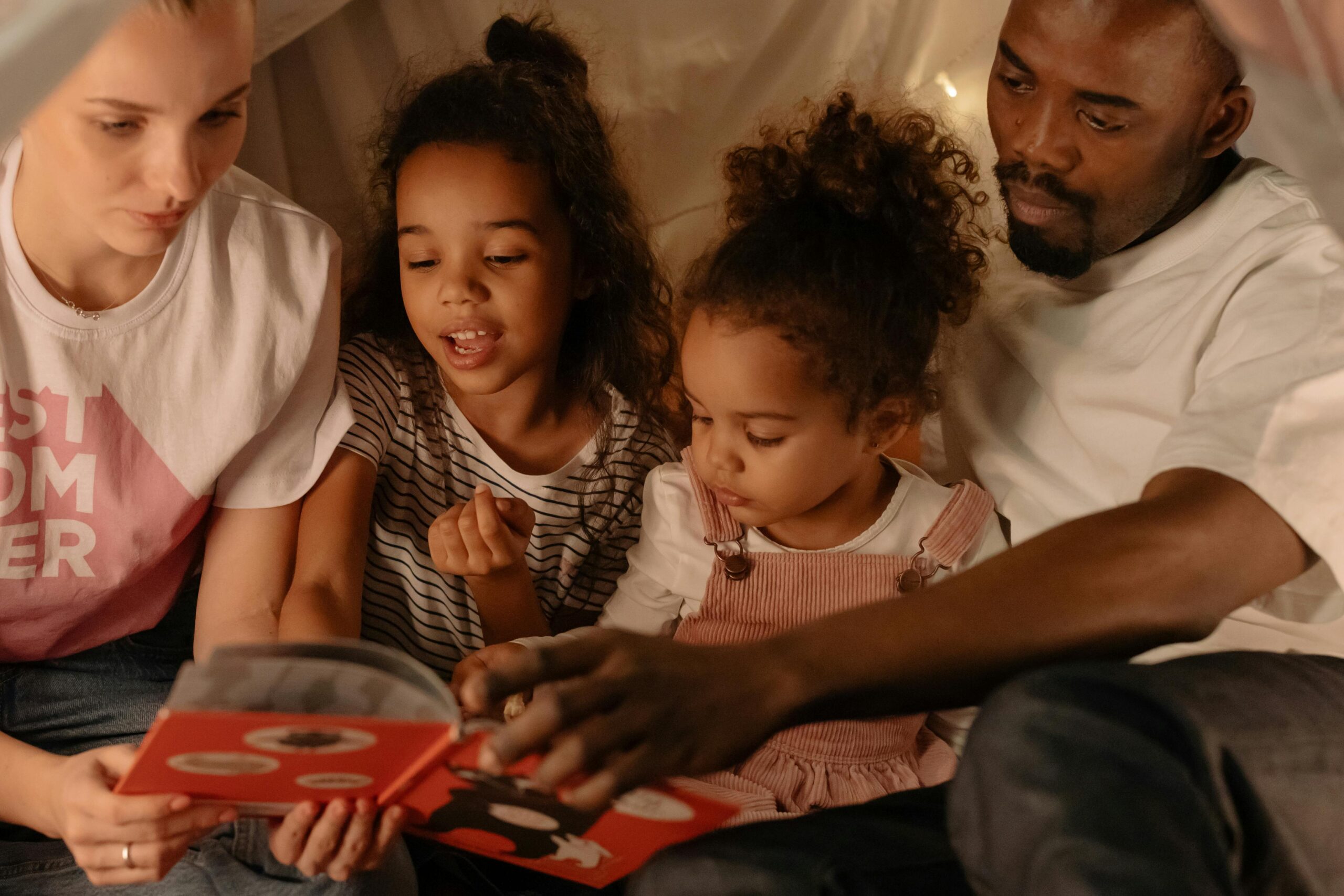Homeschooling elementary kids can be as nerve-wracking as homeschooling high schoolers! Teaching reading, math, and handwriting is stressful because they form the foundation for all future learning. In this post, I’ll share advice on handling academics, extra-curriculars, socialization, self-doubt, and more so you can approach homeschooling elementary kids with confidence and joy.
Academics (The Three Rs)
Elementary school curriculum teaches the basic topics of reading, writing, and arithmetic, but also covers social studies, science, health, geography, and other topics of study. In my opinion formally covering these additional topics isn’t necessary in the earlier elementary school years (K-3rd grade) and can add stress to your homeschooling. In the course of your everyday lives you’ll be able to cover many of these topics organically. As your children move into the upper elementary grades (4th-6th grade), you will bring back those science, history, geography, and other topics, but by then your children will be more independent learners and will be able to do some of those lessons on their own.
Reading
In my homeschool, teaching my children to read was my highest priority. Once kids learn to read, they can read to learn and can be more independent. Teaching a child to read can take as little as 15 minutes a day. The most important thing is to work on reading instruction consistently every day.
The majority of children learn to read with systematic phonics instruction combined with phonemic awareness activities. There are many excellent phonics programs available at various price points. While you can teach your child to read without a program, the benefits of using one is that it saves you time and effort, and ensures that you’re covering phonics and reading instruction sequentially.
Reading aloud to your children is an important component of teaching your children to read. If you don’t know what to read, The K-12 School Reading List website is a good place to find books for you to read to your children as well as books for your children to read themselves.
Writing
Writing by hand is an important skill to acquire in the elementary years. Putting a pencil to paper builds fine motor skills, supports brain development, reinforces reading and spelling, and helps focus and self-regulation. There are many handwriting programs that range from free handwriting worksheet generators to stand alone curriculum. Both printing and cursive writing are important skills to teach when homeschooling elementary kids and again only need 15 minutes or less each day to build solid penmanship skills. Make sure that you give your kids opportunities to use their handwriting skills by letting them write notes, create stories, and send letters to family and friends. This sends a message to them that writing is important and others appreciate it.
Arithmetic
Laying a good math foundation is as important as making sure that your kids can read. Math is in everything we do so it’s an unavoidable part of our daily lives. If math wasn’t your strong suit, homeschooling elementary kids is a great way to relearn it and make peace with it. Math in the early elementary years can be largely accomplished through fun hands-on activities. When my children were in kindergarten and first grade, I often allowed them to “do” their math work by demonstrating their answers with manipulatives (which can be Lego, stuffed animals, M & Ms, Cuisenaire rods, etc.) and I wrote their answers on the worksheets for them. In the early elementary years, presenting math as enjoyably as possible is my goal. Keeping the lessons short will help your child to maintain focus and be less stress on both of you.
Notice that covering reading, writing, and math shouldn’t take more than an hour a day for kindergarten through third grade. Even when working with your upper elementary students on more topics, by keeping the lessons short (around 20-30 minutes) you will cover a lot in a relatively short amount of time.
Extra-Curriculars
People seem to stress a lot over getting their kids into extra-curricular activities. Ironically, extra-curricular activities can be the cause of a lot of stress for homeschooling families! If you’re a first year homeschooler or you have a lot of young children, it’s especially important not to overload your schedule with high-commitment activities such as co-ops, music lessons, sports teams, and such. Few things are more stressful than having an obligation to be somewhere at a certain time on a certain day and having to cancel and let others down.
If you do want to incorporate extra-curricular activities into your schedule, I suggest choosing one that almost everyone in the family can enjoy, such as a nature co-op that doesn’t have attendance requirements, 4-H (which even has a club for younger kids called Clover Kids), or a field trip group. These low-commitment activities are fun and won’t add pressure on you like high-commitment activities do.
Socialization
As soon as you tell people that you’re homeschooling, someone asks you about socialization. Homeschooling offers many great opportunities for socialization for you and your children. I encourage you to make it a priority in your schedule to attend a local homeschool park day as often as possible. My kids and I have made lifelong friends through going to park days. The support and camaraderie of these friendships helped me to keep homeschooling when we were going through various struggles.
Handling Doubts
Doubting yourself as a home educator and doubting your choice to homeschool is as natural as breathing. We’ve all looked at the school bus traveling down our road and wondered if it would be better to send our kids to school. When that happens to me, I take a few moments to remind myself why I’m homeschooling. Sometimes it even helps to keep the reasons why you’re homeschooling written down to refer to when those doubts arise. Also, take time to focus on the small victories and remind yourself of them during your times of doubt.
Homeschooling elementary kids is a lot easier than you think and a lot more fun than you can imagine. Thousands of families have done it successfully and you can too. I’m wishing you all the best! Happy Homeschooling!








Leave A Comment